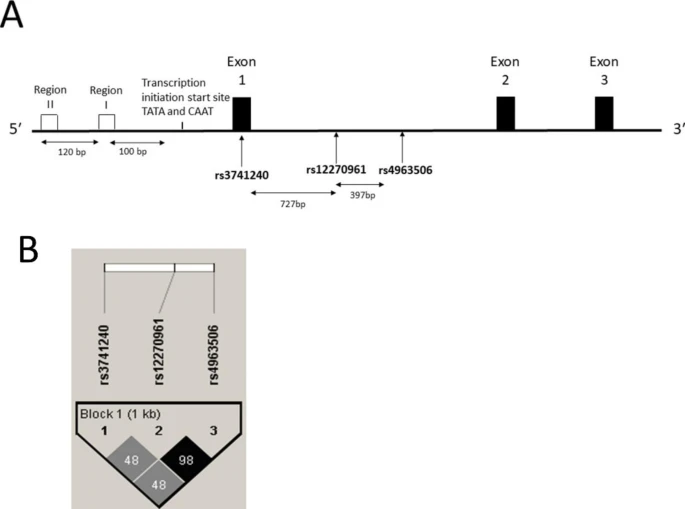Research – Open Access
KC Gribben, AB Wyss, JA Poole, PA Farazi, C Wichman, M Richards-Barber, LE Beane Freeman, PK Henneberger, DM Umbach, SJ London, TD LeVan & Kelli C. Gribben
Respiratory Research volume 23, Article number: 305 (2022)
Abstract
Background
The club cell secretory protein (CC16) has anti-inflammatory and antioxidant effects and is a potential early biomarker of lung damage. The CC16 single nucleotide polymorphism (SNP) rs3741240 risk allele (A) has been inconsistently linked to asthma; other tagging SNPs in the gene have not been explored. The aim was to determine whether CC16 tagging polymorphisms are associated with adult asthma, asthma subtypes or asthma control in the Agricultural Lung Health Study (ALHS).
Methods
The ALHS is an asthma case-control study nested in the Agricultural Health Study cohort. Asthma cases were individuals with current doctor diagnosed asthma, likely undiagnosed asthma, or asthma-COPD overlap defined by questionnaire. We also examined asthma subtypes and asthma control. Five CC16 tagging SNPs were imputed to 1000 Genomes Integrated phase 1 reference panel. Logistic regression was used to estimate associations between CC16 SNPs and asthma outcomes adjusted for covariates.
Results

The sample included 1120 asthma cases and 1926 controls of European ancestry, with a mean age of 63 years. The frequency of the risk genotype (AA) for rs3741240 was 12.5% (n = 382). CC16 rs3741240 was not associated with adult asthma outcomes. A tagging SNP in the CC16 gene, rs12270961 was associated with uncontrolled asthma (n = 208, ORadj= 1.4, 95% CI 1.0, 1.9; p = 0.03).
Conclusion
This study, the largest study to investigate associations between CC16 tagging SNPs and asthma phenotypes in adults, did not confirm an association of rs3741240 with adult asthma. A tagging SNP in CC16 suggests a potential relationship with asthma control.
